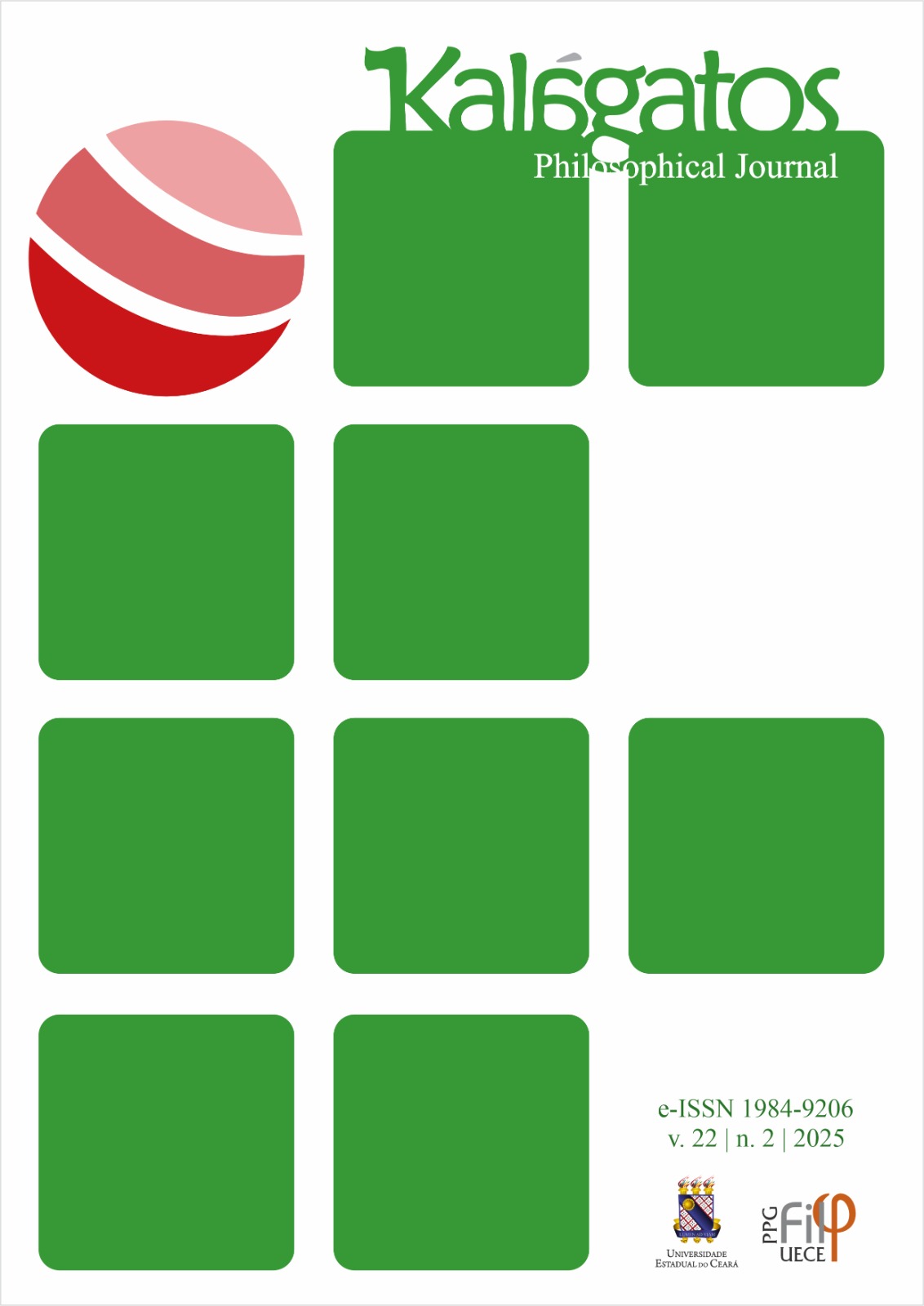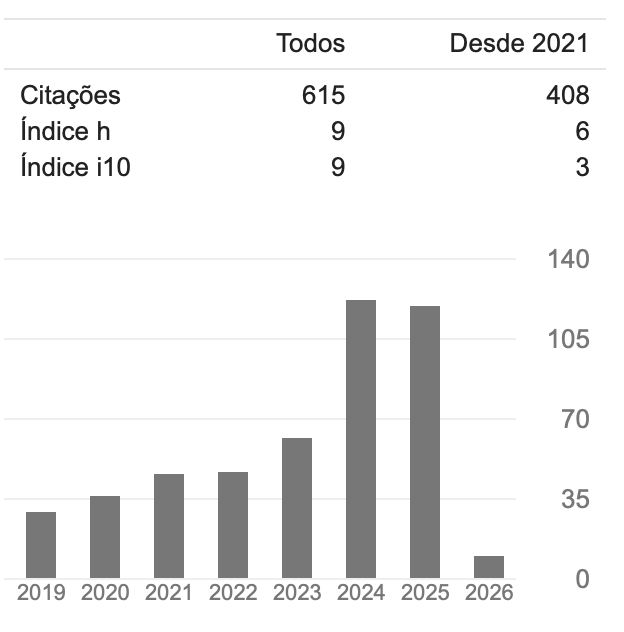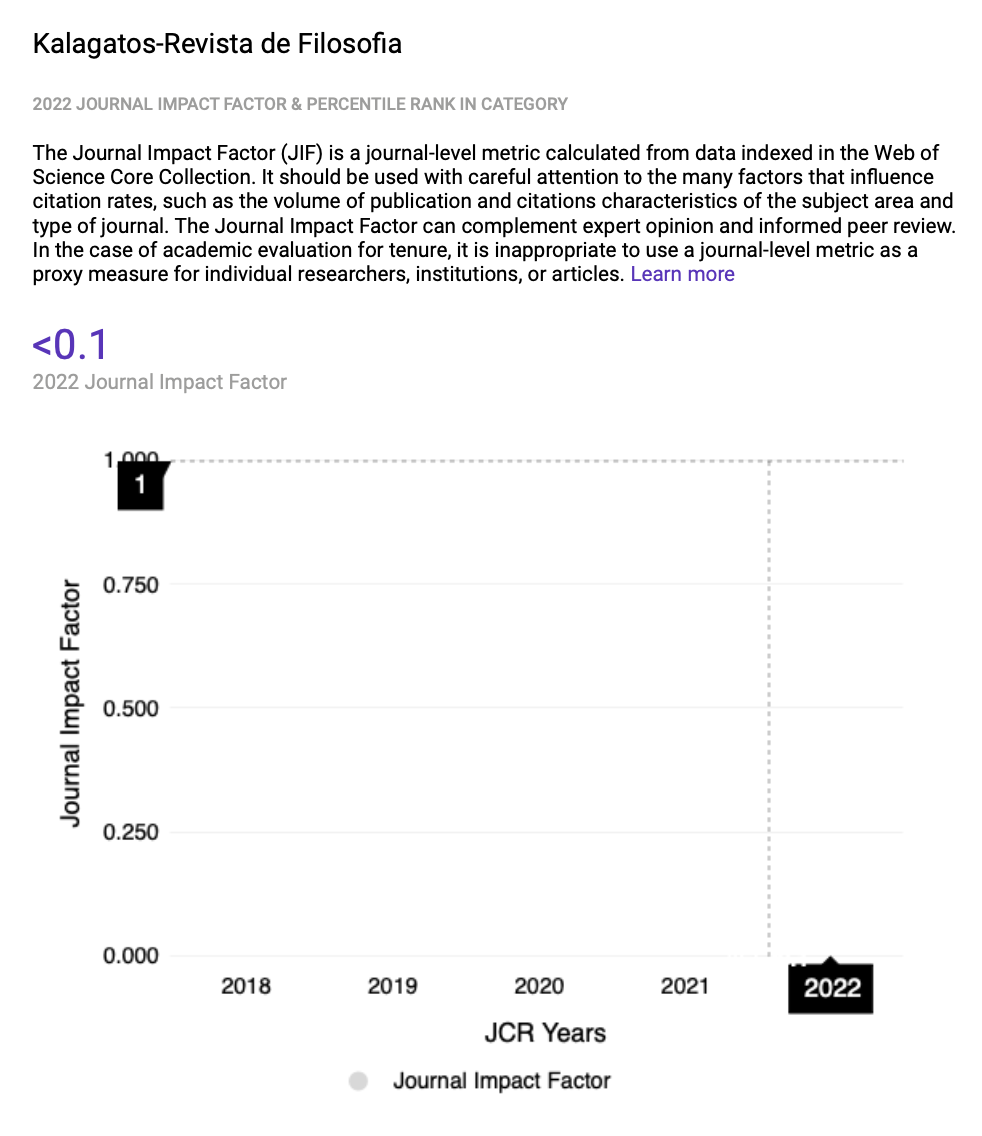The Concept of Truth In American Pragmatic Philosophy and Significance for Vietnam
DOI:
https://doi.org/10.52521/kg.v22i2.15111Resumo
Pragmatism, a distinctive American school of thought, emerged in the late nineteenth century with key representatives such as C. Peirce, W. James, and J. Dewey. This school of philosophy emphasizes the practical value of knowledge and promotes effective action. In pragmatism, the concept of truth is central, determined not by objective correspondence but by practical utility. Peirce considered truth as the result of establishing stable beliefs, James equated truth with utility, and Dewey considered truth as a cognitive tool for solving problems. Although it brings considerable value in promoting practical and innovative thinking, pragmatism also faces limitations when it overemphasizes the subjectivity of truth. Therefore, a comprehensive study of this concept is essential to better understand its impact on modern knowledge and practice.
Downloads
Referências
Adler, M. J. (2004). Great ideas from great works. Culture and Information Publishing House.
Dewey, J. (2008). Democracy and education. Knowledge Publishing House.
Dewey, J. (2012). Experience and education (Pham Anh Tuan, Trans.). Young Publishing House - DT Books.
Habermas, J. (2015). Knowledge and human interests. John Wiley & Sons.
James, W. (1914). The meaning of truth: A sequel to “Pragmatism”. H.O. Houghton & Co., Cambridge, Mass Press.
James, W. (2005). Pragmatism's conception of truth. Truth: Engagements across Philosophical Traditions, 7, 26–39.
Margolis, J. (2002). Reinventing pragmatism: American philosophy at the end of the twentieth century. Cornell University Press.
Moore, E. C. (1966). American pragmatism: Peirce, James, and Dewey. Columbia University Press.
Nguyen, T. D. (1997). American pragmatism. Journal of the Americas Today, (1).
Peirce, C. S. (1931–1960). Collected papers of Charles Sanders Peirce (Vol. I–VIII). Harvard University Press.
Phan, T. T. D. (2009). William James's conception of truth (Master’s thesis in Philosophy).
Shook, J. R. (2000). Dewey's empirical theory of knowledge and reality. Vanderbilt University Press.
Thayer, H. S. (1968). Meaning and action: A critical history of pragmatism. The Bobbs-Merrill Company Press.
Trinh, S. H. (2012). William James’ philosophy and American pragmatism. National Political Publishing House.
White, M. (1978). The philosophy of the American Revolution. Oxford University Press.
Downloads
Publicado
Como Citar
Edição
Seção
Licença
Copyright (c) 2025 Thoa Nguyen Van, Hanh Than Thi

Este trabalho está licenciado sob uma licença Creative Commons Attribution 4.0 International License.



















